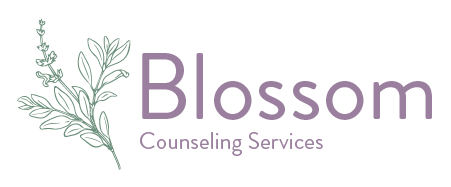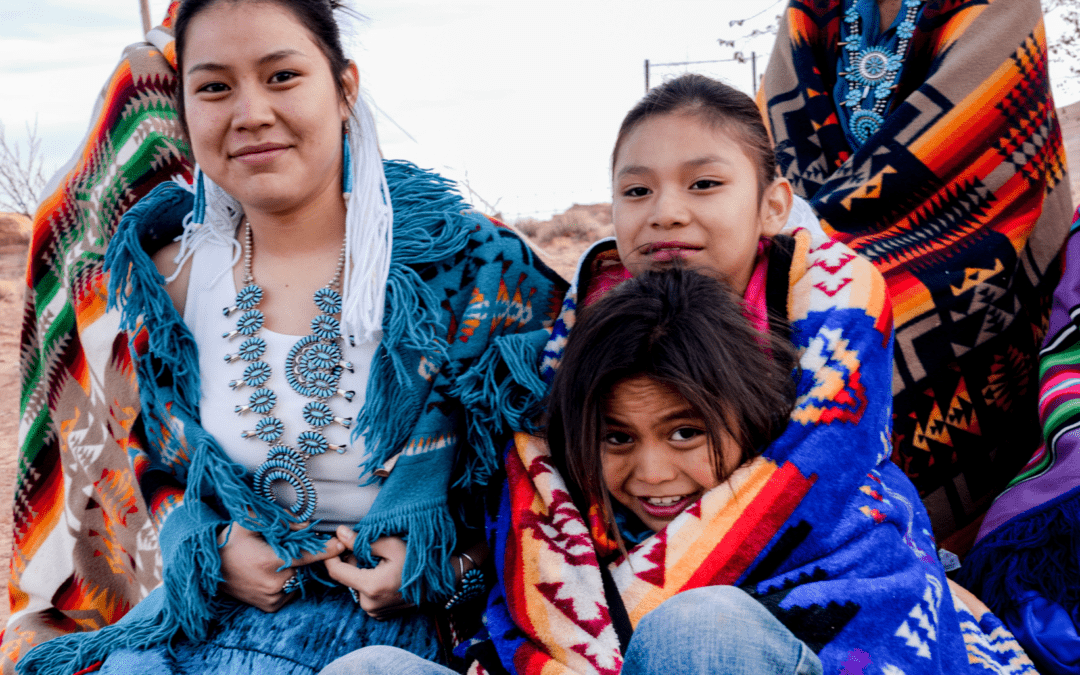Across the globe, many Indigenous communities face challenges with substance abuse. It’s crucial to remember that this is a complex issue with deep historical roots, not simply a matter of individual choices.
Indigenous cultures have rich traditions and a deep connection to the land. Their histories, however, are often marked by colonization, displacement from traditional territories, and ongoing social marginalization.
These experiences can create a sense of loss, disconnection from cultural identity, and even hopelessness. It’s important to acknowledge these historical and social realities when considering the challenges of substance abuse in Indigenous communities.
By working together with understanding and respect, we can create a brighter future where Indigenous communities can heal and thrive.
Let’s delve deeper into this topic together.
Why Are Indigenous Communities More Susceptible to Substance Abuse?
The history of colonization has left a deep and lasting scar on Indigenous communities. This includes forced removal from their traditional lands, which were often rich in resources and held deep cultural significance.
This disruption severed the connection Indigenous peoples had with their ancestral ways of life, including spiritual practices and traditions that provided meaning and structure.
The imposition of residential schools further eroded cultural identity and inflicted profound emotional wounds on generations of children who were separated from their families and subjected to cultural suppression.
These experiences can lead to intergenerational trauma, a complex phenomenon where the emotional and psychological effects of these historical events are passed down through families. This trauma can manifest in various ways, including substance abuse, as individuals grapple with feelings of loss, grief, and disconnection.
Furthermore, social marginalization continues to be a significant factor. Indigenous communities often face higher rates of poverty, unemployment, and limited access to quality education and healthcare.
This marginalization can lead to feelings of isolation, hopelessness, and powerlessness. Substance abuse can then become a way to cope with these difficult emotions and the harsh realities of daily life.
It’s important to remember that substance abuse is rarely the root cause; it’s often a symptom of deeper issues stemming from historical trauma and ongoing social challenges.
What Substances Are Most Commonly Abused?
Alcohol is a common substance of abuse in many Indigenous communities.
The historical introduction of alcohol by colonizers, coupled with ongoing social and economic challenges, has created a complex relationship with this substance.
Drugs like marijuana and methamphetamine are also prevalent, and the specific substances and trends can vary depending on the community. It’s important to be aware that solvent abuse, particularly among youth, can be a serious issue in some areas.
This dangerous practice involves inhaling fumes from household products and can lead to serious health problems.
The Effects of Substance Abuse on Indigenous Communities
The effects of substance abuse on Indigenous communities are far-reaching and devastating. Individuals struggling with addiction can experience a range of health problems, including liver disease, mental health issues, and increased risk of accidents and injuries.
Substance abuse can also contribute to domestic violence, child neglect, and social breakdown. Children raised in households affected by addiction often experience emotional and behavioral problems, academic difficulties, and an increased risk of substance abuse themselves.
Are There Cultural Considerations for Addressing Substance Abuse?
Absolutely.
Traditional healing practices and ceremonies can be powerful tools for recovery in Indigenous communities. These practices often focus on healing the spirit alongside the body, and can help individuals reconnect with their cultural identity and find a sense of belonging.
Elders and spiritual leaders often play a key role in supporting individuals on their journey to wellness. Their wisdom and guidance are invaluable in the recovery process. Culturally appropriate treatment programs that integrate these traditions with western medicine can be very effective.
These programs can provide a safe and supportive space for healing that respects the unique needs and experiences of Indigenous people.
What Resources Are Available to Help Indigenous Communities with Substance Abuse?
Many organizations are working tirelessly to address substance abuse in Indigenous communities. These organizations are often led by and work closely with Indigenous peoples themselves.
They develop culturally appropriate support groups, treatment programs, and educational resources. These resources can provide vital support for individuals struggling with substance abuse, as well as families and communities impacted by this issue.
Support groups can offer a sense of community and belonging, while treatment programs can provide the tools and support needed for long-term recovery.
Educational resources can help raise awareness about substance abuse and its effects, and promote prevention efforts within communities.
How Can You Be an Ally in Supporting Indigenous Communities Facing Substance Abuse?
Substance abuse is a complex issue, and Indigenous communities are working hard to heal. Here are some ways you can be a compassionate ally and offer meaningful support:
Become a Student of History:
Take time to learn about the history of colonization and its lasting effects on Indigenous communities. Understanding the historical trauma they’ve endured creates empathy and fosters a more informed approach to supporting them.
Honor Cultural Identity:
Indigenous cultures have rich traditions and a deep connection to the land. Educate yourself about the importance of cultural identity and traditional healing practices in these communities. Recognize the strength and resilience inherent in these traditions, and how they can be a powerful source of healing.
Advocate with Respect:
Be a voice for change in your community. Support the development and implementation of culturally appropriate services and resources to address substance abuse. When advocating, do so with respect and deference to the leadership and priorities of Indigenous communities themselves.
Celebrate Diversity:
Learn about and celebrate the vibrant arts, languages, and histories of Indigenous peoples. This fosters understanding and appreciation for their cultures, and helps create a more welcoming and supportive environment for healing.
Offer Hope and Encouragement:
Remember, Indigenous communities are filled with strength and resilience. By showing genuine care and offering encouragement, you can help create a sense of hope for a brighter future, free from the grip of substance abuse.
Your actions, big or small, can make a difference. By becoming a well-informed and compassionate ally, you can play a valuable role in supporting Indigenous communities on their journey towards healing and wellness.
In Summary
Substance abuse may be a challenge, but Indigenous communities have a deep resilience and a rich cultural heritage that can be a source of strength in overcoming it. By working together, with respect for cultural traditions, we can build stronger, healthier communities for future generations.
Let’s all play a role in supporting Indigenous communities on their journey of healing and creating a brighter future, free from the hold of substance abuse.
Get Started
You may call, text message, email, or fill out the form to reach us. We will respond within 48 hours, Monday through Friday.
We Will Help You Find Your Fit
We know that looking for a counselor can feel overwhelming.
We are here to help guide you to the counselor that is best for your needs. If that counselor turns out to
not be in our practice, that's okay. We know great counselors that we'd be happy to refer you to.
What’s most important to us is that you get connected with the help you need. We are here for you.

